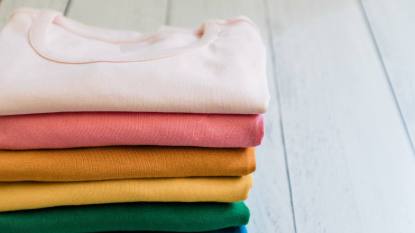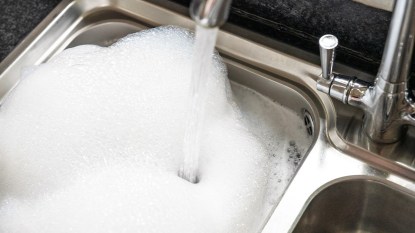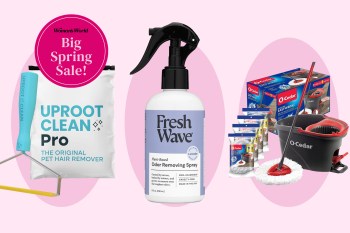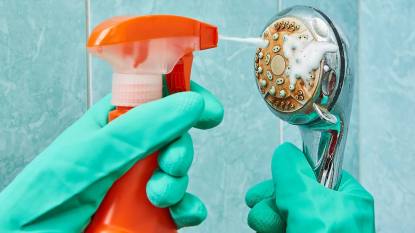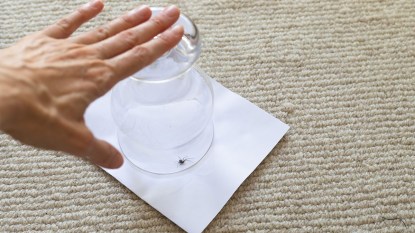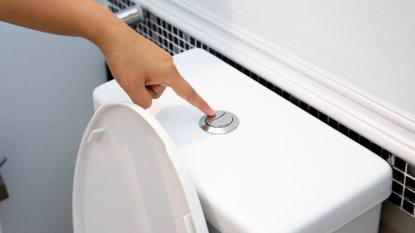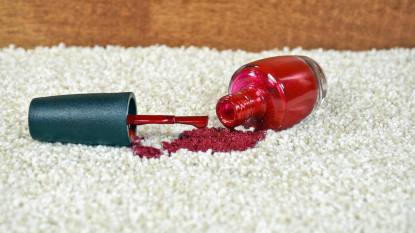Your Kitchen Sponge Is the Most Germy Household Item — Here’s How to Clean It
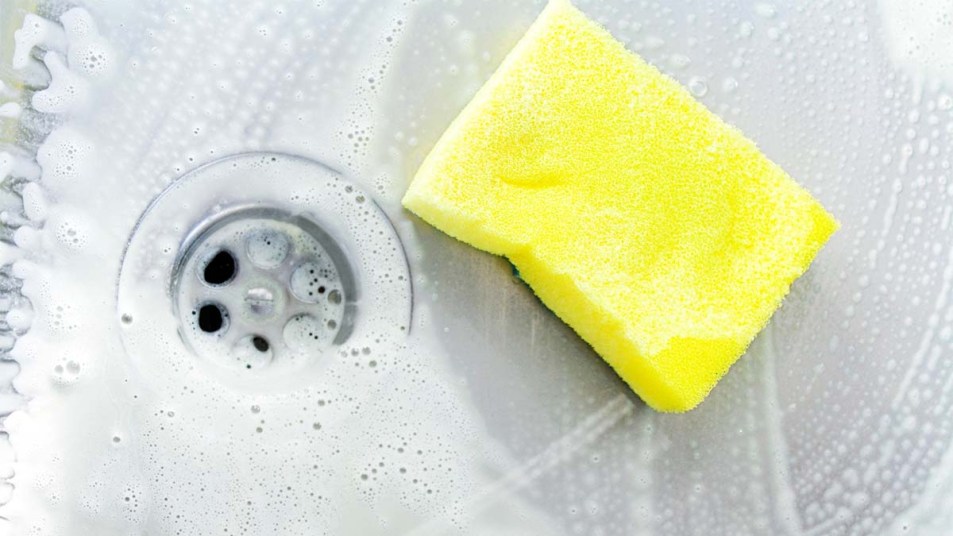
When you think of the most germy item in your home, your kitchen sponge probably isn’t the first object to come to mind. Surely, the toilet seat or a door knob seems like it would be so much more germ-laden. But alas, it is indeed your kitchen sponge. Thankfully, this handy guide will walk you through how to clean a kitchen sponge!
A new study published in Scientific Reports found that kitchen sponges show a local density of a whopping 54 billion bacterial cells per cubic centimeter. To give you an idea of how much that is, it’s equivalent to the No. 2 going into your toilet. Gross, right?
“Despite common misconception, it was demonstrated that kitchen environments host more microbes than toilets,” the researchers wrote. “This was mainly due to the contribution of kitchen sponges which were proven to represent the biggest reservoirs of active bacteria in the whole house.”
It’s hard to believe that an object used to clean so many other items would be so… well, dirty. But if you think about it, it actually makes a lot of sense that a kitchen sponge has a lot of germs. After all, it spends a lot of time coming in contact with water and also with food.
Though this may seem alarming, it’s important to remember that bacteria is everywhere, even within our own bodies. The focus therefore shouldn’t necessarily be on the fact that bacteria is there, but whether there is an overabundance of harmful bacteria — and how to prevent that from building up.
How to Clean a Kitchen Sponge
Probably don’t bother with boiling it or putting it in the microwave. The study found that kitchen sponges cleaned in this manner did not contain less bacteria than the unclean ones.
The best option is to keep replacing your sponges regularly. This will also reduce risk of any counter-productivity from unsuccessful cleaning methods.
In the meantime between sponges, bleach works wonderfully — mixing 3/4 of a cup of bleach in one gallon of water, and then soaking the sponge for five minutes was found to kill 99.9 percent of three types of harmful bacteria in another study.


